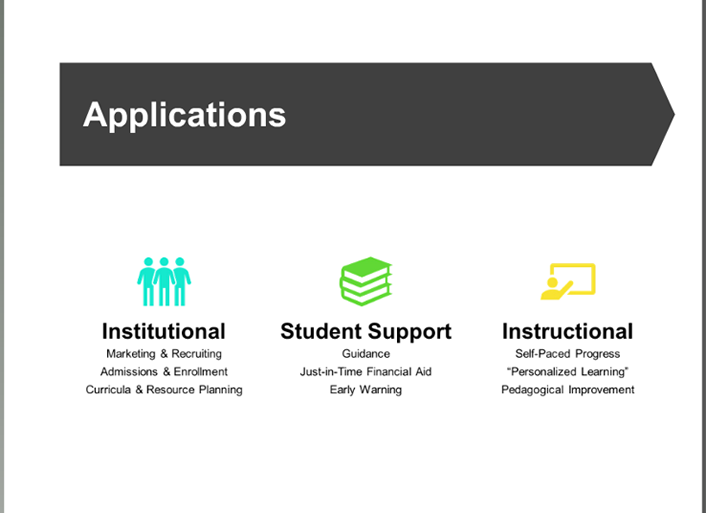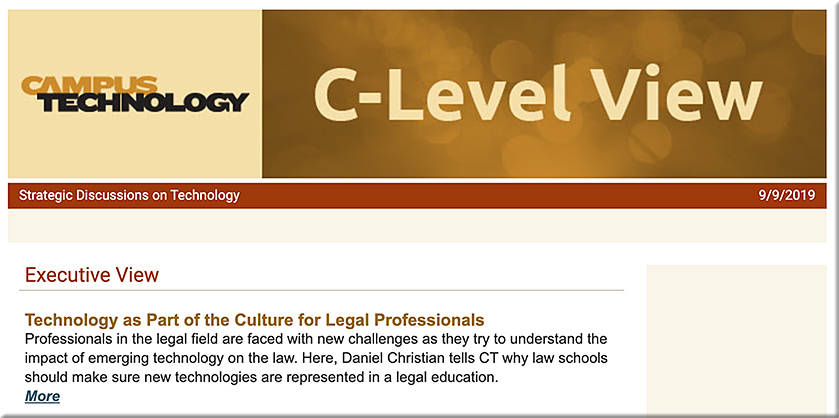YouTube’s algorithm hacked a human vulnerability, setting a dangerous precedent — from which-50.com by Andrew Birmingham
Excerpt (emphasis DSC):
Even as YouTube’s recommendation algorithm was rolled out with great fanfare, the fuse was already burning. A project of The Google Brain and designed to optimise engagement, it did something unforeseen — and potentially dangerous.
Today, we are all living with the consequences.
As Zeynep Tufekci, an associate professor at the University of North Carolina, explained to attendees of Hitachi Vantara’s Next 2019 conference in Las Vegas this week, “What the developers did not understand at the time is that YouTube’ algorithm had discovered a human vulnerability. And it was using this [vulnerability] at scale to increase YouTube’s engagement time — without a single engineer thinking, ‘is this what we should be doing?’”
The consequence of the vulnerability — a natural human tendency to engage with edgier ideas — led to YouTube’s users being exposed to increasingly extreme content, irrespective of their preferred areas of interest.
…
“What they had done was use machine learning to increase watch time. But what the machine learning system had done was to discover a human vulnerability. And that human vulnerability is that things that are slightly edgier are more attractive and more interesting.”
From DSC:
Just because we can…












